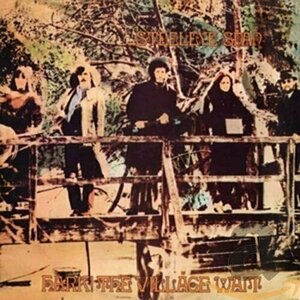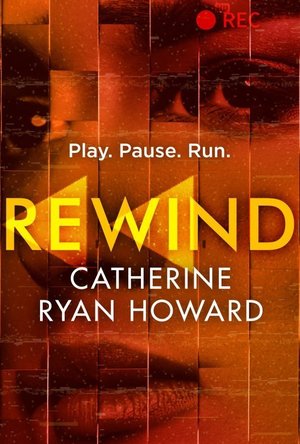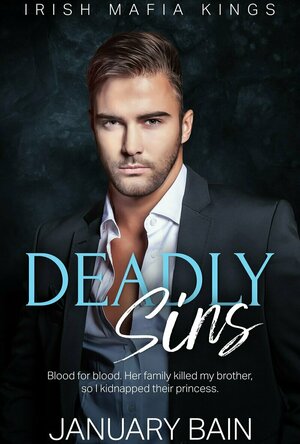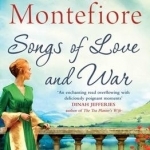
Songs of Love and War
Book
Welcome to Castle Deverill, and the incredible sweeping story of love and family from bestselling...
Alex Kapranos recommended track The Lowlands of Holland by Steeleye Span in Hark! The Village Wait by Steeleye Span in Music (curated)
Jonathan Donahue recommended Night on Bald Mountain by Modest Mussorgsky in Music (curated)
It’s a clever book, actually. I was never quite sure who had committed the murder, even when it seemed obvious. There are some disturbing characters who could all have been responsible- and I liked that we couldn’t be sure. I liked the contrast of Natalie’s seemingly perfect life against that of the other characters, and I did like the very capable Gardaì (Irish Police) - so often, police are portrayed as incompetent. I didn’t really trust myself to guess who had committed the murder, so many of the characters could have - I should say that I’m not really one of those readers who start a thriller thinking they’ll solve the mystery. I just like to read along for the ride - and this is certainly an interestingly twisty, turny ride!
I liked the ending from the journalist very much. It summed everything up really well (and helped to explain everything that I was left questioning at the end). I don’t think I’ve seen this approach before, especially the chapters named Rewind, Pause, Play.
Many thanks to The Pigeonhole for serialising this book. I really enjoyed it.
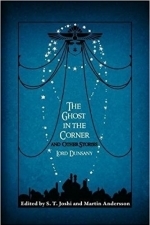
The Ghost in the Corner And Other Stories
Lord Dunsany, Joshi Andersson and Martin Andersson
Book
The Anglo-Irish fantaisiste Lord Dunsany (1878-1957) was immensely prolific. Author of more than a...
Horror

War Hero: The Unlikely Story of A Stray Dog, An American Soldier and the Battle of Their Lives
Book
The dramatic and heartfelt story of the Great War's most unlikely hero – a Parisian stray dog...

Soccer Scores
Sports and Entertainment
App
Live soccer scores, real-time data for live football / soccer scores for the Premier League...

The Great Coffee App
Food & Drink and Reference
App
Popular espresso-based drinks and alternative brewing methods by an expert barista with many years...

Strong Words: Modern Poets on Modern Poetry
by W. N. Herbert (Editor), W.N. Herbert (Editor)
Book
Poetry has never been so rigorous and diverse, nor has its audience been so numerous and engaged....
Essay Poem Poetry Academic Literature Study
Debbiereadsbook (1647 KP) rated Deadly Sins (Irish Mafia Kings, #1) in Books
Mar 21, 2024
I think this is the tamest Mafia book I've ever read and I really enjoyed it!
Quinn goes to kill Aria's father, in revenge for him killing Quinn's youngest brother, but taking Aria becomes an impromptu change of plan. While Aria is saved from one Mafia arranged marriage, she finds it's a case of, out of the frying pan, into the fire with Quinn. Will he let her go, when he gets what he wants from Aria's father? Or will he be her new jailor?
I liked this, I liked this a LOT.
Aria is headstrong and has her own mind, but she knows her place in her father's life. When he says jump, she asks, how high? Because anything else will get someone else hurt. Quinn is the head on the Lyons Irish Mafia Kings, the eldest Lyons. Getting revenge for his brother's death becomes his only plan, and then he has Aria to contend with. The woman pushes ALL his buttons and then some. Letting her go becomes the least pleasurable thing he has to do, but he does. He just has to hope she will come back to him.
My only niggle with this, I found the romance between Aria and Quinn sort of sprang out of nowhere. Quinn knew she was his, very early, but the romance, the love? That kinda walloped me upside the head, almost 3/4 of the way in. They were fighting, then she was gone.
BUT
A very enjoyable 4 star read.
*same worded review will appear elsewhere
